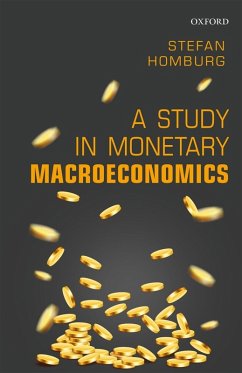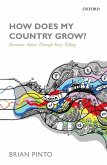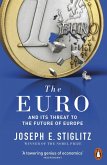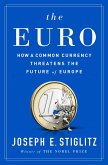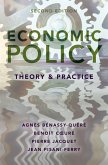The financial crisis of 2007 and the following recession present a major challenge to macroeconomic theory. The same holds true for exceptionally low interest rates during the recent years and for the puzzle that super-expansive monetary policies failed to produce high inflation. Approaches that focus on steady states, rational expectations, and individuals planning over infinite horizons, are not suitable for analysing such abnormal situations. A Study in Monetary Macroeconomics refines and improves mainstream approaches to resolve these puzzles and to contribute to a better understanding of monetary and fiscal policies. Using a rich institutional structure that includes features such as credit money, external finance, borrowing constraints, net worth, real estate and commercial banks, this timely study reduces rationality requirements to cope with its complex setting. It starts with a simple baseline model, deriving results from mathematical reasoning and simulations whilst adhering to the method of dynamic general equilibrium (DGE) with optimizing agents and fully specified models. Highly topical, A Study in Monetary Macroeconomics uses a unified theoretical framework to demonstrate that a DGE approach makes it possible to develop clean models that work outside steady states and are appropriate for answering macroeconomic questions of actual interest.
Dieser Download kann aus rechtlichen Gründen nur mit Rechnungsadresse in A, B, BG, CY, CZ, D, DK, EW, E, FIN, F, GR, HR, H, IRL, I, LT, L, LR, M, NL, PL, P, R, S, SLO, SK ausgeliefert werden.

